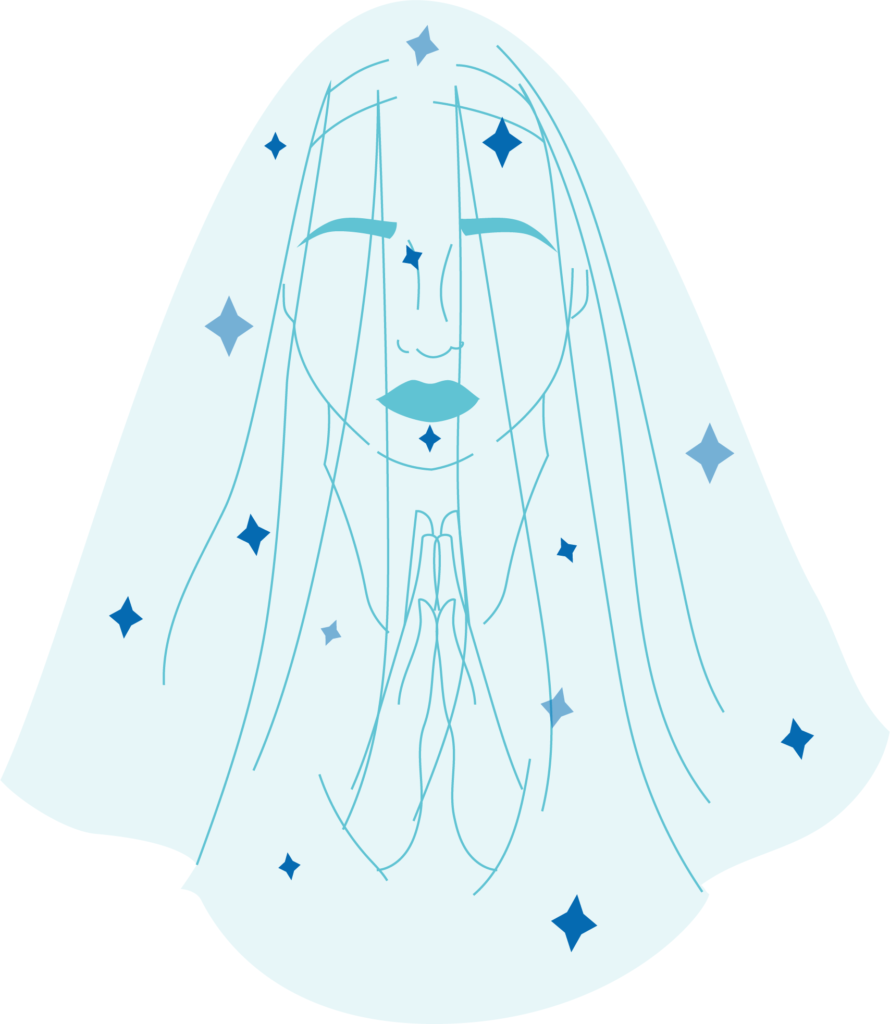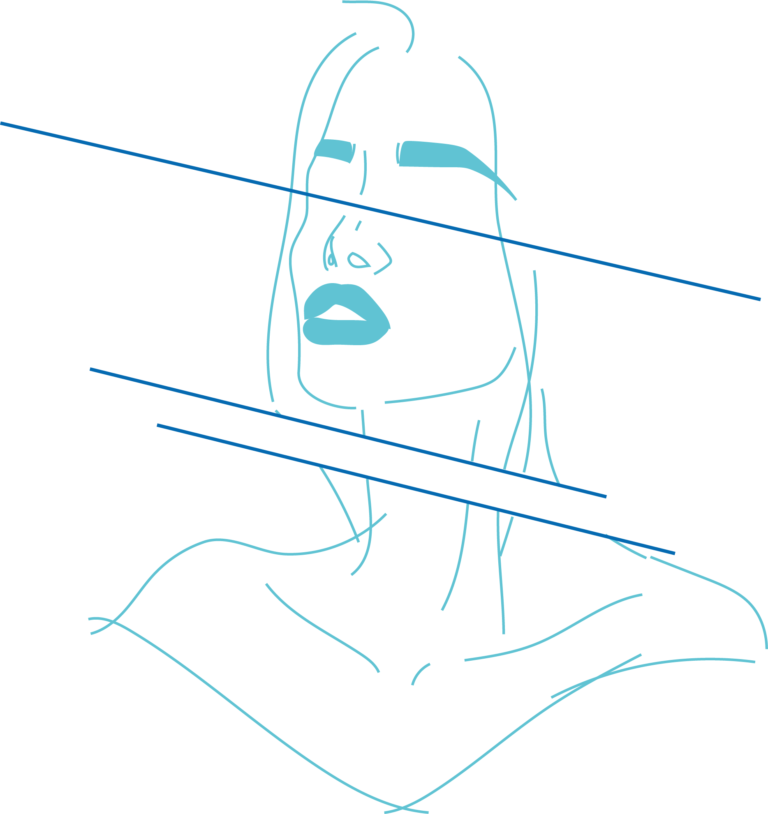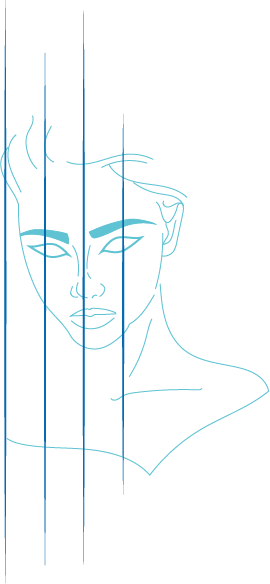One star at a time

For some time now, I have been overwhelmed by an uncontainable sense of traversing a long and painful identity crisis. When I realized the quest I was embarking upon, I quickly realized it had not been a recent phenomenon, but rather a lifelong journey.
I have always been in search of myself. Who am I, and what am I doing here? Here on Earth, here alive. Always there, yet never at the right place.
It must be said that I have never felt welcomed anywhere. Not that the world was hostile—sometimes it was, but sometimes only. The lack of warmth came from within me. I firmly believed that I was not wanted anywhere. That I was tolerated out of politeness rather than genuinely invited to stay. The voice within me incessantly repeated that I was a burden, a dead weight, and that I had no reason to be here. That “here” was not where I belonged. Consequently, I spent an enormous amount of time wondering where on earth was my place. As if each of the eight billion individuals had a small Hollywood chair with their name on it. And mine stubbornly remained empty since I couldn’t find it.
I speak in the past, but I could also say: since I can’t find it. Still not. As I write these lines, my wanderings continue. Yet, I have done all I could, tried everything in the name of this breathless hunt. I have tested things, tried places, moved more times than one can count on their fingers. I poured all my energy into it, and now I am exhausted.
Tired, drained, I sat down in a corner, and since I was incapable of reaching my identity, life brought it to me, with the delicacy of an orangutan. Since I didn’t get all the signs it had gracefully placed in my path, life threw a rock at my face to make itself clear.
To deliver its message, life brought me depression. Of course, I first received a slap in the face, as many before me have. Then, slowly, I came to the realization that depression, under certain conditions, could be a blessing.
Let me explain:
After few months of feeling like I was dying (and sometimes even wishing for it), I began to see beyond. Since I was stuck in my dead-end, wondering if I had reached the end of the road, the end of the game, I sat down (again) and looked around me.
It turns out that what surrounded me was me. My doubts, my fears, my traumas, my limits, my flaws, my values, all my good and bad decisions gathered in a small museum of horrors. Uncomfortable as it may be, it is also enlightening. It’s like watching a retrospective of my life with the director’s commentary, pointing out my worst imperfections, my mistakes, everything I carefully chose to ignore until now.
If we find the courage to watch the film until the end, we may come out stronger. Why did I behave that way? Why did I react like that? Why did I find myself in this situation? Why did I choose that person? Why did we breakup like that? The voids to fill, the mistakes we won’t repeat.
When we catch our breath, we also realize that all our flaws have their equivalent qualities. Nothing is absolute. Just as darkness allows us to see the light, our flaws should also enable us to see our strengths. And strangely enough, when I accepted the idea that my qualities stemmed from my flaws, it became easier for me to legitimize them.
Accepting that, within the small museum of horrors, there is also a room dedicated to grace. Thus, amidst the darkness, one by one, the stars of my own constellation start to light again, telling me who I am and where I should go.
Let’s be clear: Rome was not built in a day, and neither was I. Each star is earned, every step forward is a hard-won battle. Regressing is a temptation I find very easy to succumb to, and it’s another struggle that unfolds simultaneously. So here I am, fighting on multiple fronts. Because it is always easier to linger in a comfortable hell – where we have control over everything – than to take our bundle and embark uncomfortably towards our own paradise – of which we know nothing until we get there.
And this second battle, perhaps, is the most difficult: physiologically, our bodies and brains are wired to protect us from danger. Thus, leaving behind a comfortable yet miserable and entirely controlled universe for the promise (and a promise only) of a better elsewhere represents a threat that must be swiftly neutralized. And that’s how thousands (no, millions) of people remain where they are, resigned to living half-heartedly.
Living half-heartedly is exactly what initially plunged me into the depths of depression. I could have stayed where I was, with an unsteady identity but a stable job, a broken heart and a confused mind. I would have continued to receive a comfortable salary, go to the same places, and sleep in the same reassuring bed. Eventually, I would have died with the anguish of being only half of something, half of a being, in half of a life.
Instead, I took my bundle, and with the little courage I had left, I set out to conquer a mountain that I still don’t dare to look at. Because when depression takes hold of you, and each step matters, it’s better to focus on looking at your feet, so you don’t panic at the thought of the long road ahead, and all the obstacles yet to be faced. If you look at the distance, you never move. Because you don’t know how, and that fear can be paralyzing.
But by looking at your feet, you hardly notice that you’re moving forward. Suddenly, you start to breathe again, take your time. And you move on, even without knowing how: you just need to have faith that you are.
And so, here I am, playing “peekaboo” with myself to avoid staying at the starting line, one day after another, one step at a time, star by star.





